
Skin Cancer
Advertisement
Parkinson's disease and melanoma are believed to be linked due to DNA double-strand break repair thus cell proliferation.
This provides rationale for the clinical evaluation of defactinib and avutometinib in the treatment of melanoma metastases.
A study has uncovered a novel method to enhance immunotherapy for melanoma by targeting a protein known as MARCO.
Dr. John Fruehauf details how novel therapies have improved the landscape of metastatic melanoma care.
The main features of intestinal inflammation are reproduced as a biomarker for response to immune checkpoint inhibition.
New research has uncovered a combination therapy that shows promising results in melanoma and breast cancer models.
A recent study shows that macrophages can be used to predict whether or not a melanoma patient will respond to chemotherapy.
A recent study found a connection between total serum calcium levels and developing melanoma.
Dr. John Fruehauf provided an in-depth overview of treatments for metastatic melanoma.
The primary outcomes of the study were melanoma-related deaths and nonmelanoma-related deaths.
TPC2 and Rab7a interaction may be responsible for melanoma proliferation.
Remote analysis of cancerous-looking skin growths yields the same level of accuracy as in-person analysis.
Seventy-two percent of tumor specimens contained histologically defined LAs.
The analysis included the CheckMate trials that involved ICI treatment-naive unresected/metastatic melanoma.
Dr. John Fruehauf, Evolent, talks about a new standard of care in the treatment of stage III melanoma.
The combo's use for conjunctival melanoma demonstrates the combinations high efficacy in treating complex disease.
A novel method uses tumor-specific profiling to detect antibodies which are unique to early-stage melanoma.
The combination therapy of sotiga with pembrolizumab is effective at treating patients with metastatic melanoma.
A new study shows a notable decline in both melanoma incidence and mortality among young people in Sweden.
Polygenic risk scores may serve as a viable tool to stratify patients based on their risk of invasive melanoma.
Advertisement


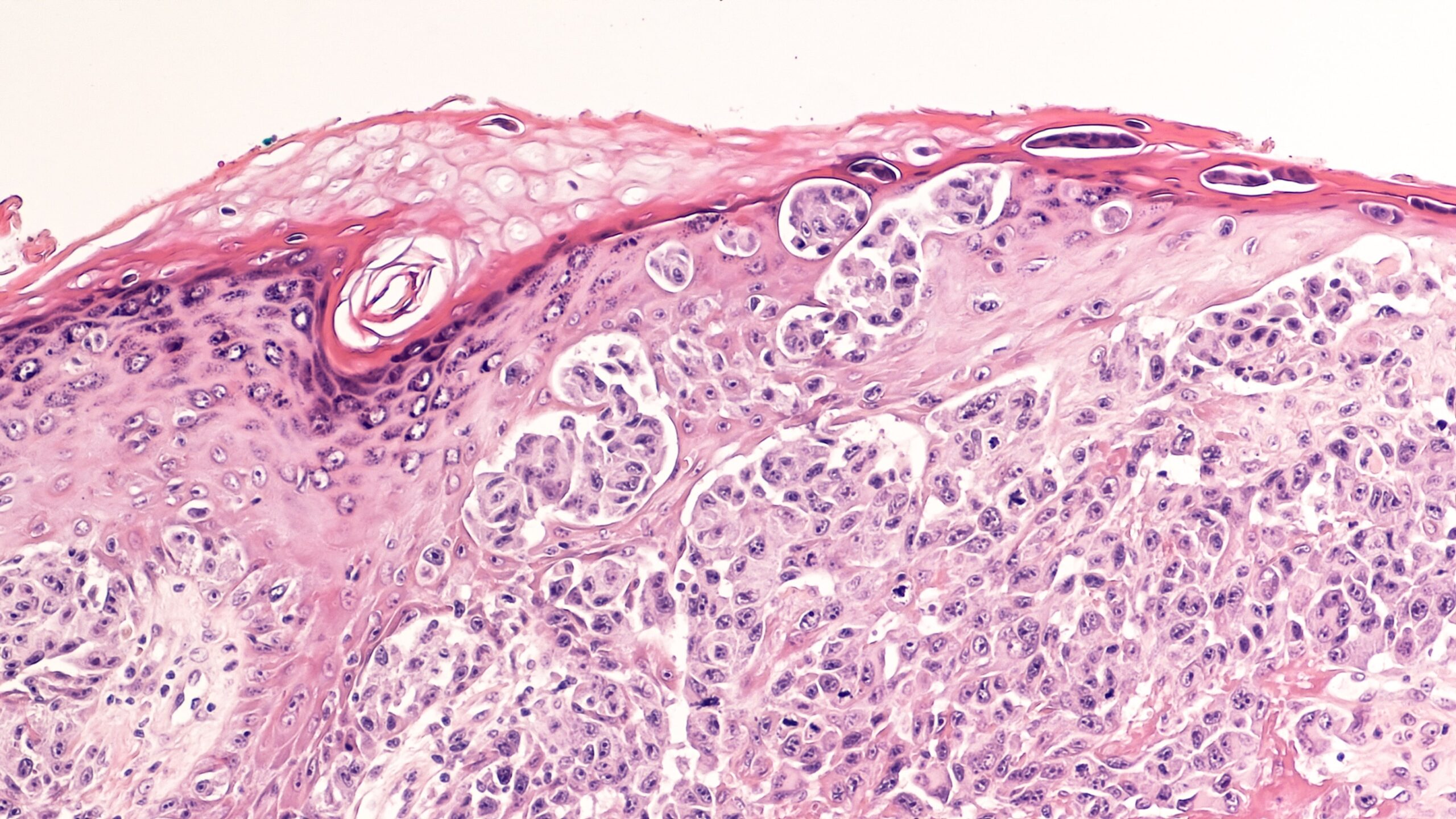


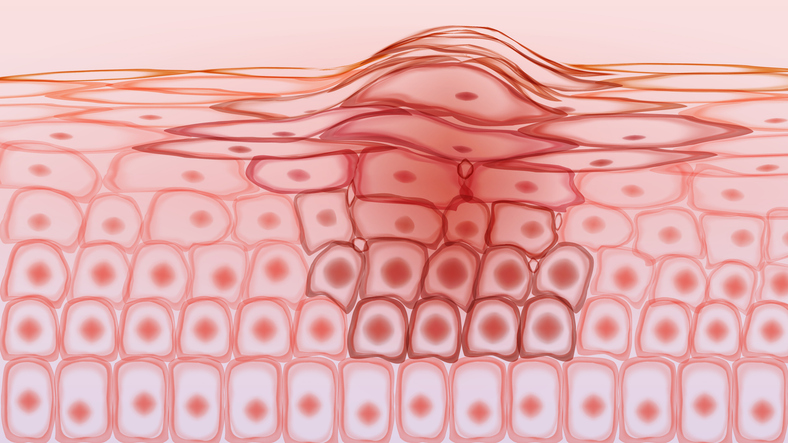

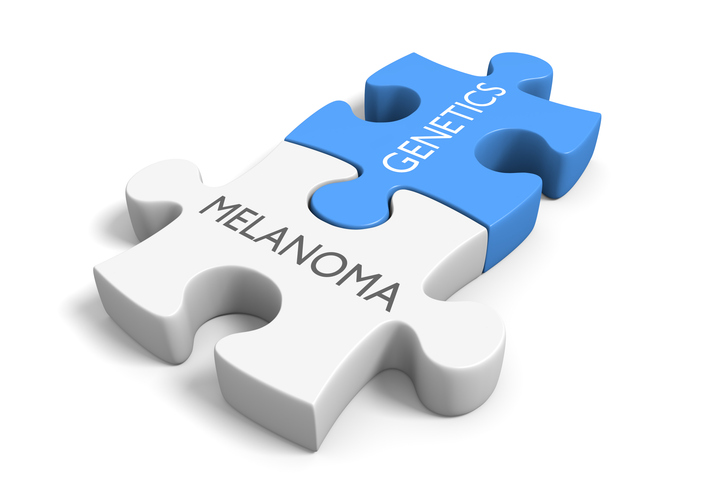
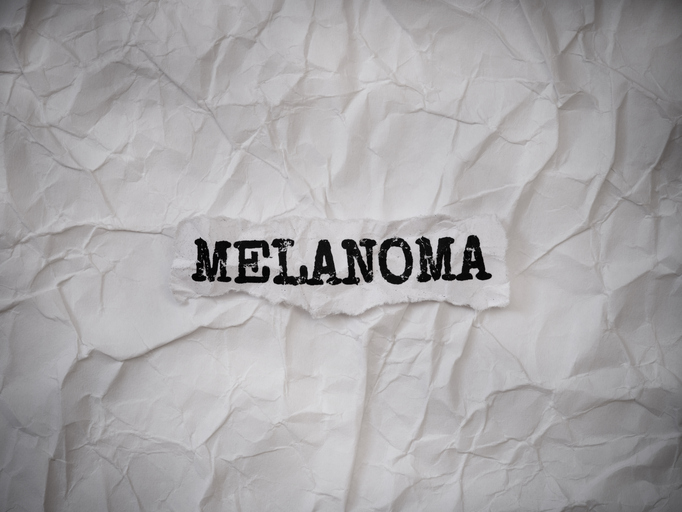

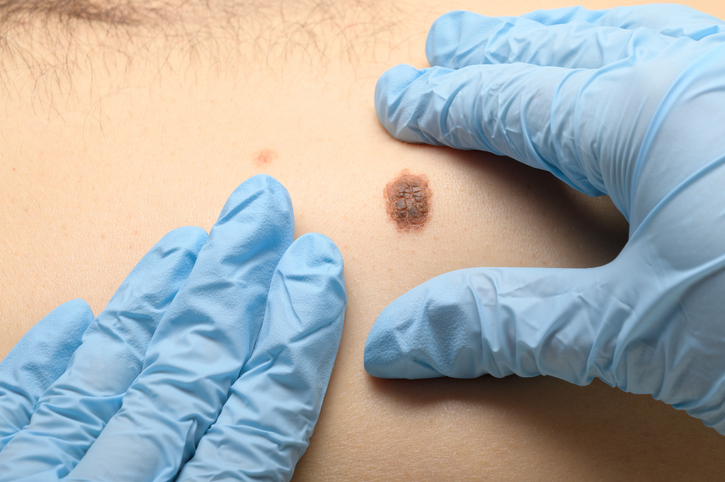
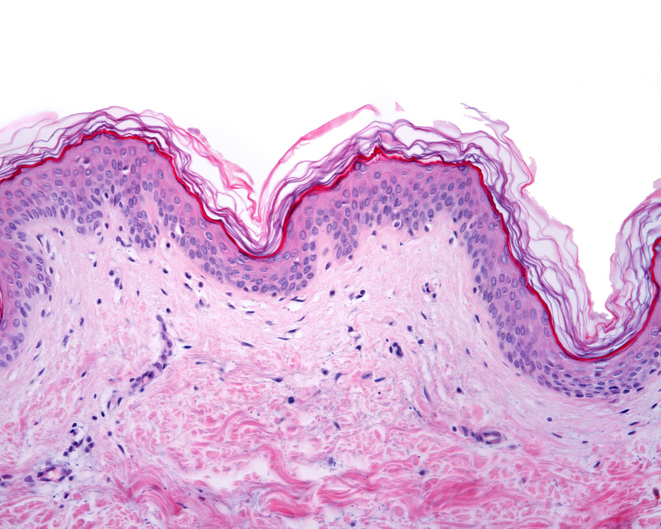
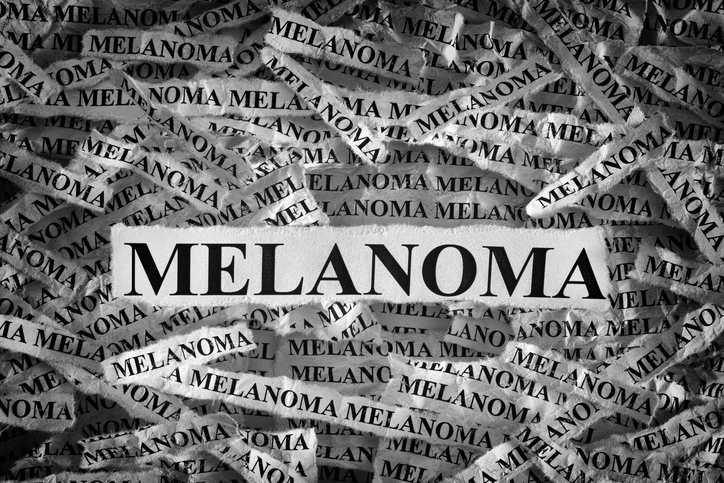
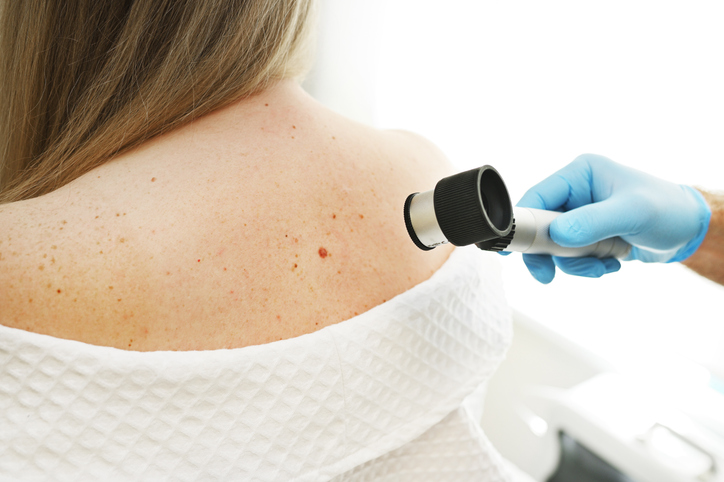
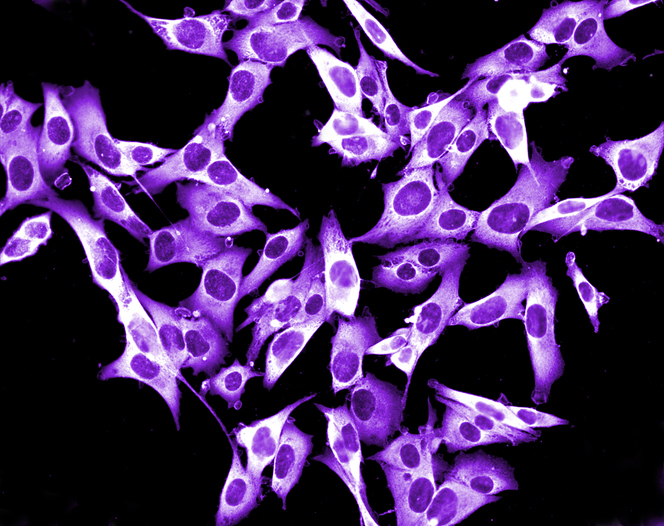

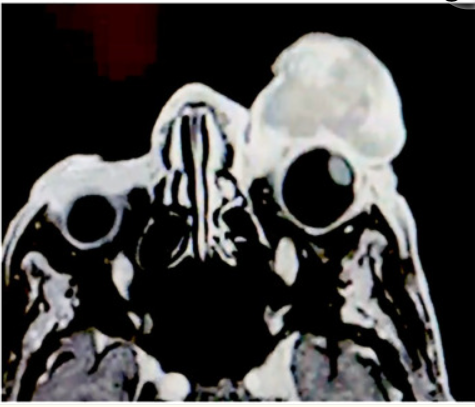

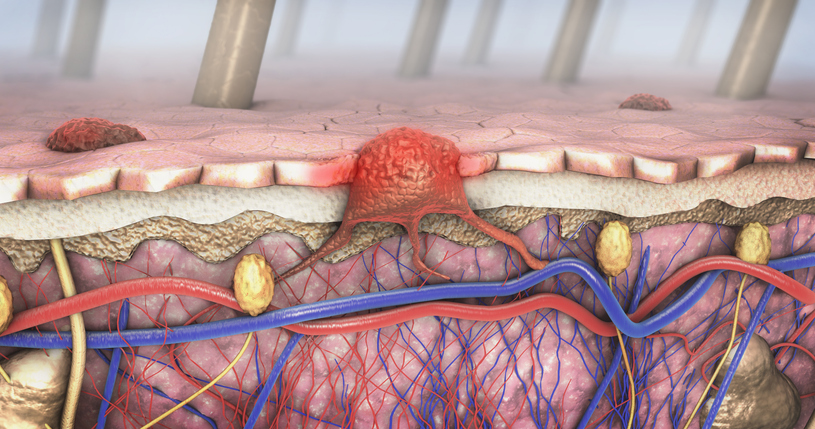


 © 2025 Mashup Media, LLC, a Formedics Property. All Rights Reserved.
© 2025 Mashup Media, LLC, a Formedics Property. All Rights Reserved.